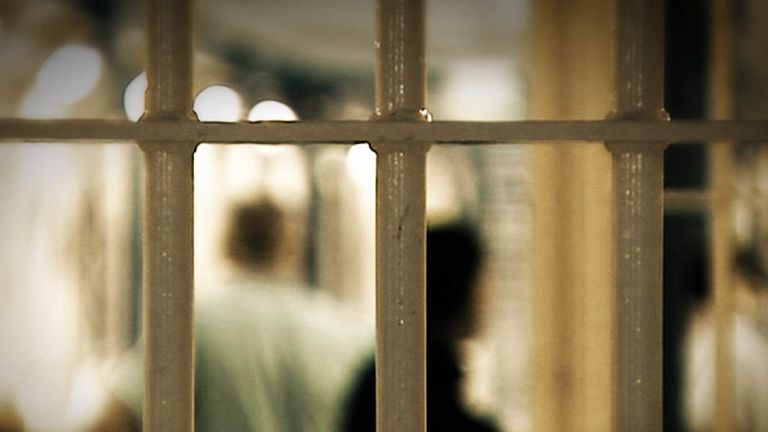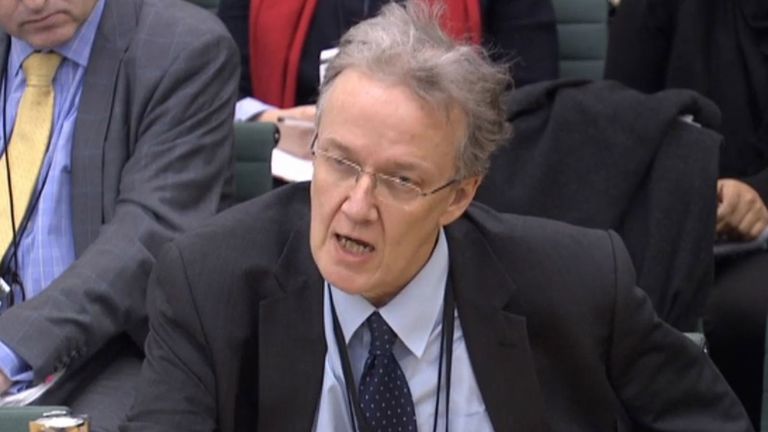How Parole Board rules may change following Worboys case
Greater transparency may be expected from the Parole Board after its decision to free a rapist was blocked, Laura Bundock writes.
Wednesday 28 March 2018 19:59, UK
The role of the Parole Board is to decide whether a prisoner is ready for release.
It is an independent body that makes 25,000 decisions every year - many of which involve serious offences that have changed the lives of victims.
In reaching its decision, the panel must decide whether the prisoner is no longer a risk to the public.
To do this, members consider how the prisoner has changed and how well they can be rehabilitated in the community.
These are difficult decisions, and they don't always get it right.
The case of black cab rapist John Worboys is a case in point.
When the Parole Board concluded he was eligible for release, there was much outrage and calls for a reform of the system.
Justice Secretary David Gauke now says that's now certain to happen.
One big change is regarding what's known as Rule 25, under which the Parole Board is not allowed to disclose the reasons behind its decisions to victims or the public.
But given the Parole Board acts like a court with its hearings, there is a strong argument it should follow the principle of open justice, and there should be greater transparency with its operation.
This is particularly important for victims who often want information and reassurance about the conditions of release.
So Rule 25 will change, but there are arguments against full disclosure of the Parole Board's decision-making process. Some victims don't want details of their case made public, and there are also fears full disclosure could lead to vigilantism.
It seems more likely summaries of decisions would be made public, as is the case in countries like Canada and New Zealand.
There are calls for a wider review of the system which would also examine how the Board works and how expert and legal advice is used in decision-making.
Whatever changes are made to the Parole Board following the Worboys case, many say it is crucial the Board maintains its independence.
In commenting about the case, the now former chair of the Parole Board Nick Hardwick once argued: "It would be a bad day for us all if people's rightful abhorrence of Worboys' crimes or even justified concern about a Parole Board decision allowed these basic principles of justice to be overturned."




